Disaster preparedness, What we have learned from COVID 19 pandemic [COVID-19]
Annals of Family Medicine
NOVEMBER 20, 2024
Context: Despite a joint recommendation in 2003 by the AAMC and CDC that bioterrorism and mass-casualty training be included in the medical school curriculum, few medical schools have incorporated formal disaster training. We aim to highlight educational gaps for future pandemic preparedness.

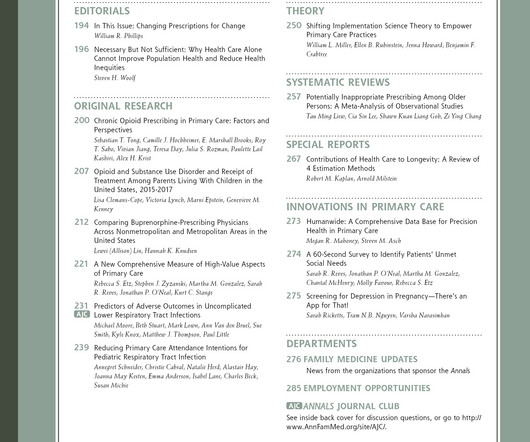

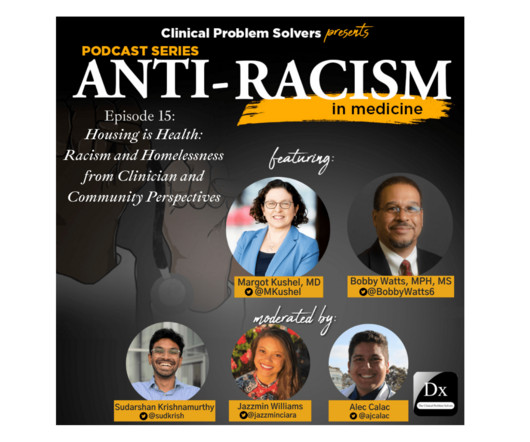
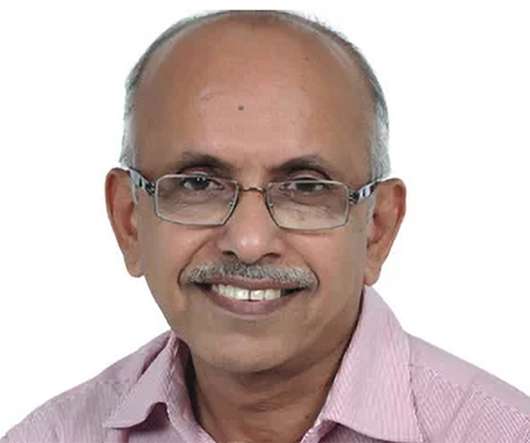
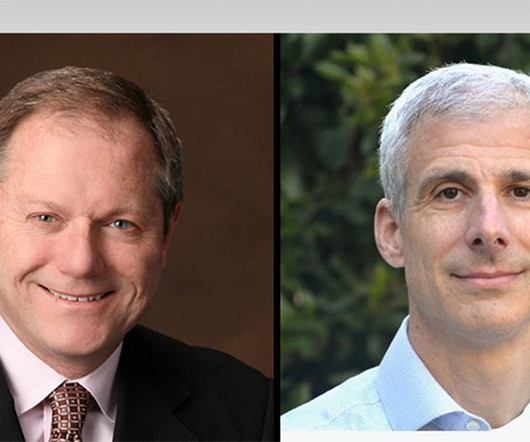
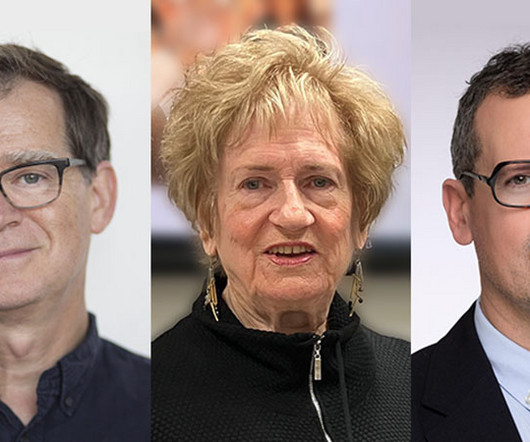






Let's personalize your content